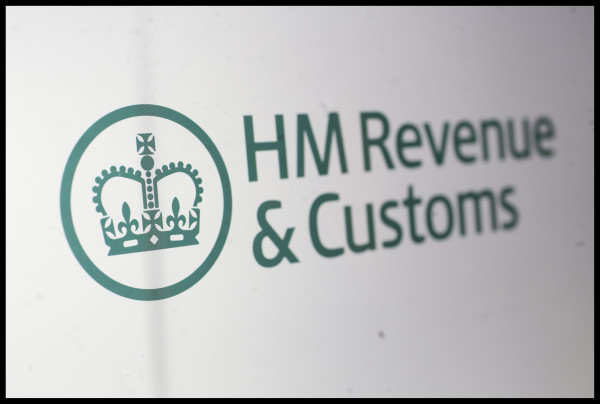

Data from HMRC shows the number of family trusts has declined from 200,000 in the 2003/04 tax year to 156,000 in the 2016/17 tax year.
Chris Etherington, private client tax partner at RSM, said changes to the tax treatment of trusts introduced in 2006 meant the vehicles have become less suitable for tax planning.
Since then, all trusts are deemed to be discretionary trusts for inheritance tax purposes, meaning 20 per cent of the value of the trust above the £325,000 IHT nil rate band must be paid by the trust, unless the assets qualify for business property relief or agricultural property relief.
What's more, under the rules investors have to pay the tax upfront when they open the trust.
But HMRC's figures show the total income received by the taxman from trusts fell by 17 per cent in 2016/17 to £2.4bn compared with the previous year's £2.9bn.
The tax office also attributed the fall in the number of trusts to changes in tax rules.
Mr Etherington said the change in the tax treatment meant that for many people, trusts are "not as attractive an option as they were".
He said: "Apart from the inheritance tax implications, they are not very efficient for income tax, there is also the fact that people associate them with tax avoidance."
HMRC launched a consultation on the future of trusts in Autumn 2018, and Wray Financial Services in its response to the consultation, urged the government to create a situation where trusts are 'neutral' from a tax perspective, that is, there be neither tax advantages nor disadvantages from using trusts.
John Humphreys, inheritance tax specialist at Way Investment Services, said: "There is definitely scope to improve simplicity in the way trusts are taxed.
"Trusts are absolutely not simply the preserve of the rich. There are many scenarios where trusts make sense for families – including those with far more modest estates.
"The key opportunities lie in assessing the tax within an individual’s account, rather than taxing the trust itself.
"We believe it is perfectly reasonable for the government to be focusing on the principles of transparency, fairness and neutrality, and simplicity – but changes are needed in order to achieve those outcomes."
Mr Etherington said the decline in popularity of trusts has coincided with a rise in popularity for family investment companies.
These are simply limited companies, like any other, that hold assets. The tax paid on the profits of the company is corporation tax, a rate that has been falling in recent years.
Mr Etherington said: "Quite often trusts are set up to provide an income for someone, but with the intention that the beneficiary doesn’t control the income.
"Family companies can achieve this in the same way by creating different types of share classes, one for the beneficiary, that pays out the income, and a class of voting share that probably doesn’t pay an income for the creator of the trust that allows them to keep control of the assets."
Minesh Patel, an adviser at EA Solutions in London, said: "We do advise on interest in possession, bare trusts and discretionary trust.
"This is an area we are constantly looking at for succession planning and the transfer of inter-generational wealth. Trusts is an area which is extremely good for interacting with solicitors and accountants."
david.thorpe@ft.com



